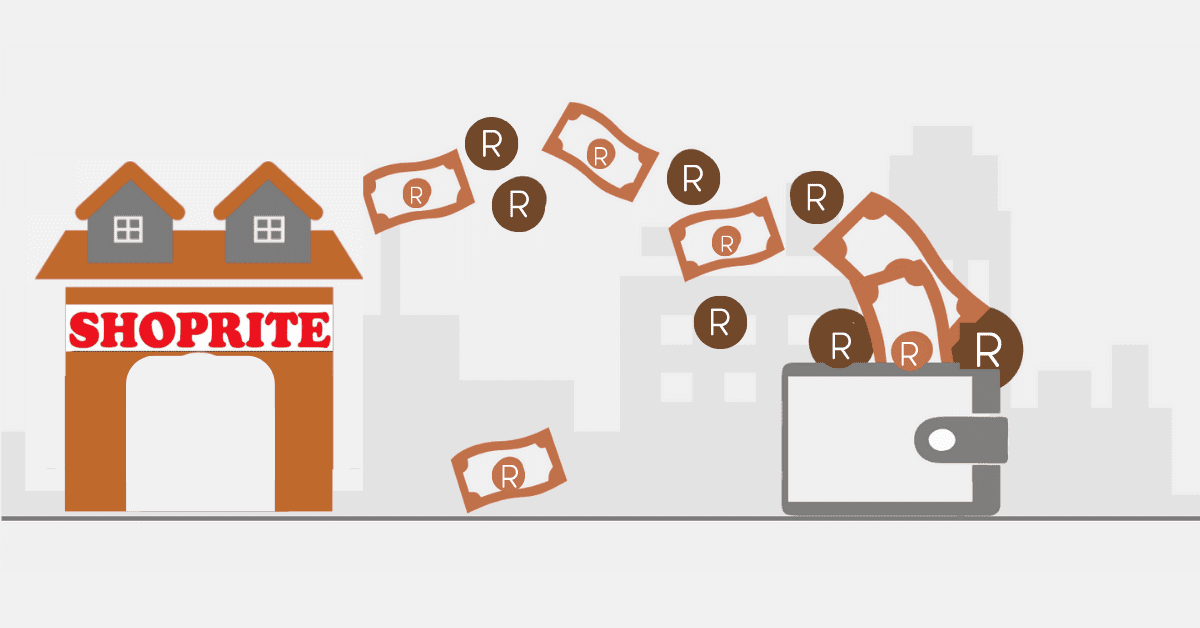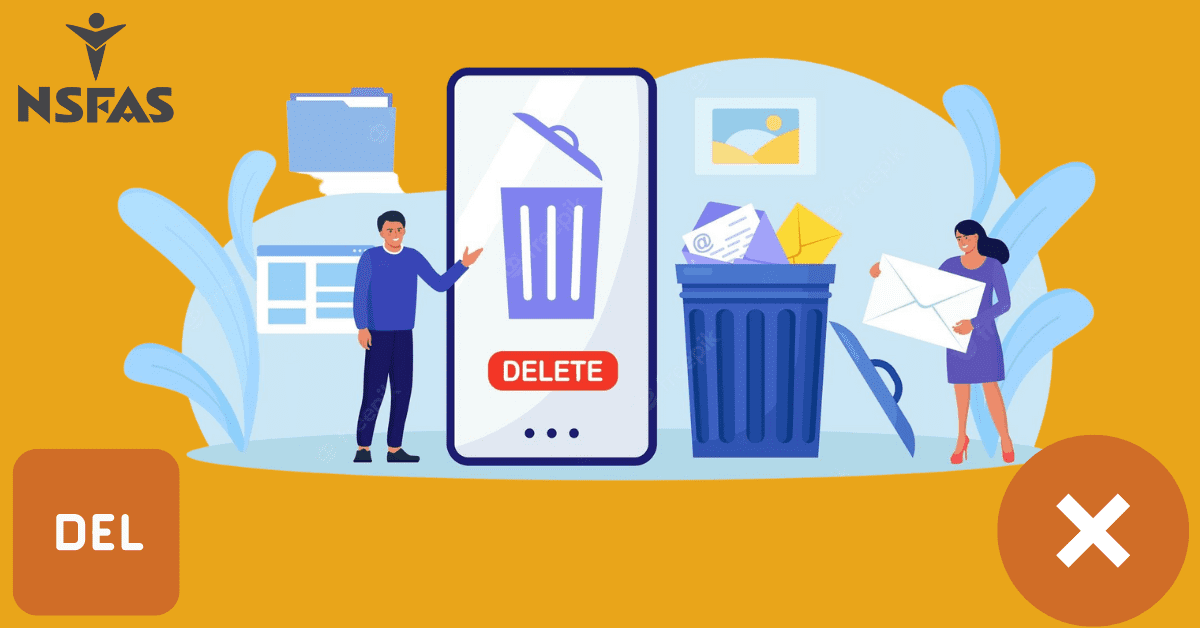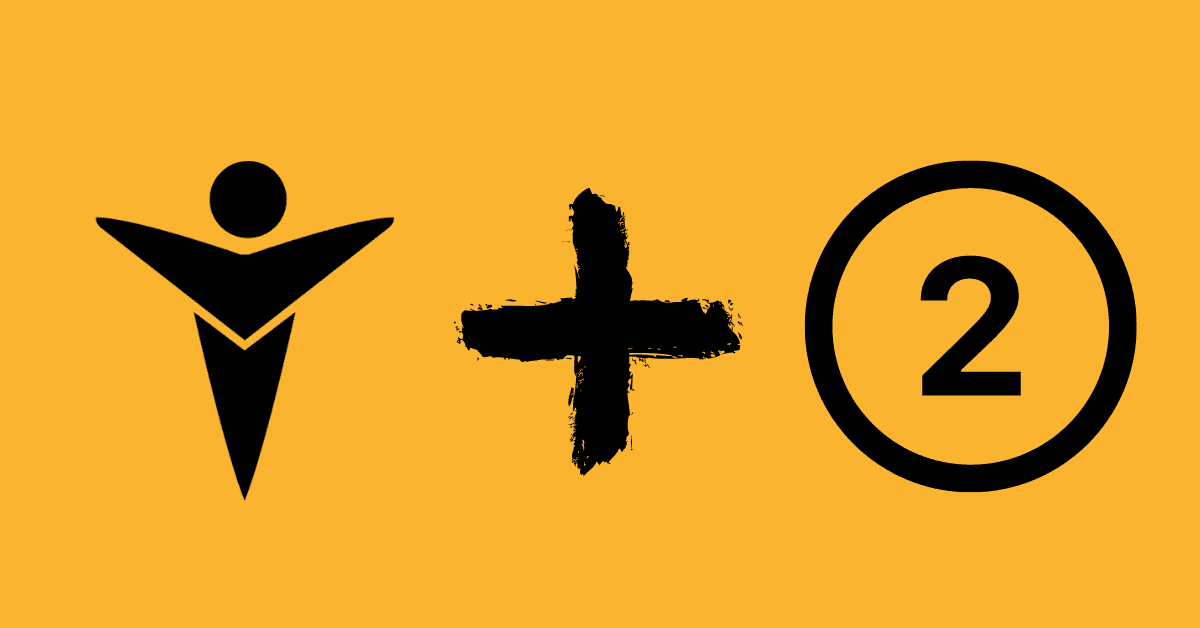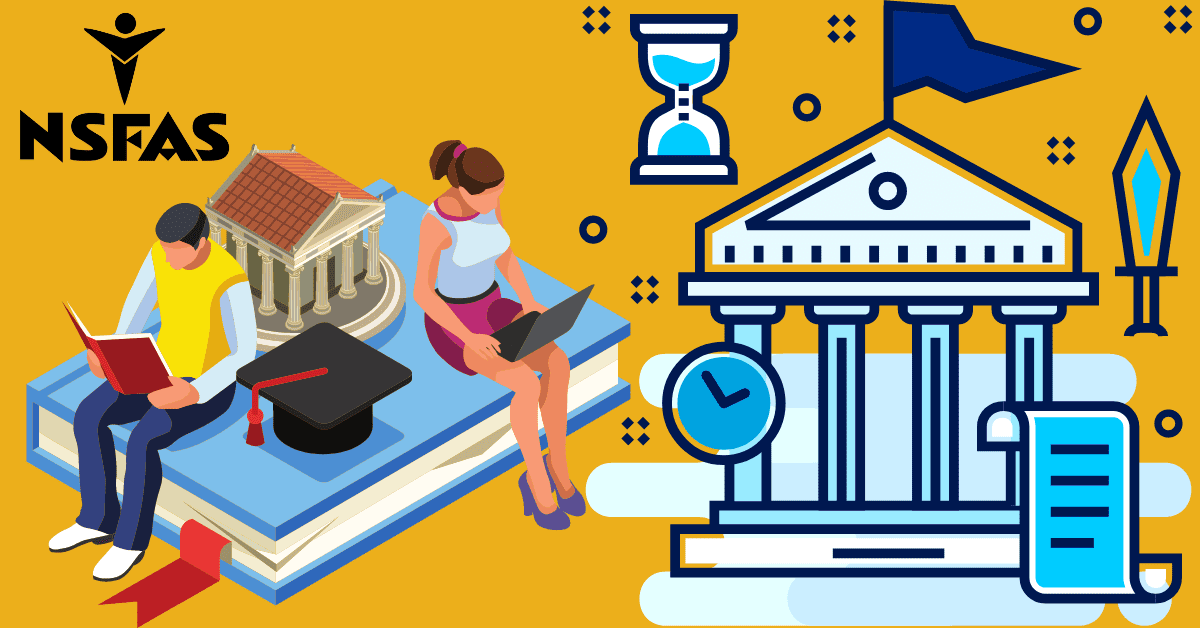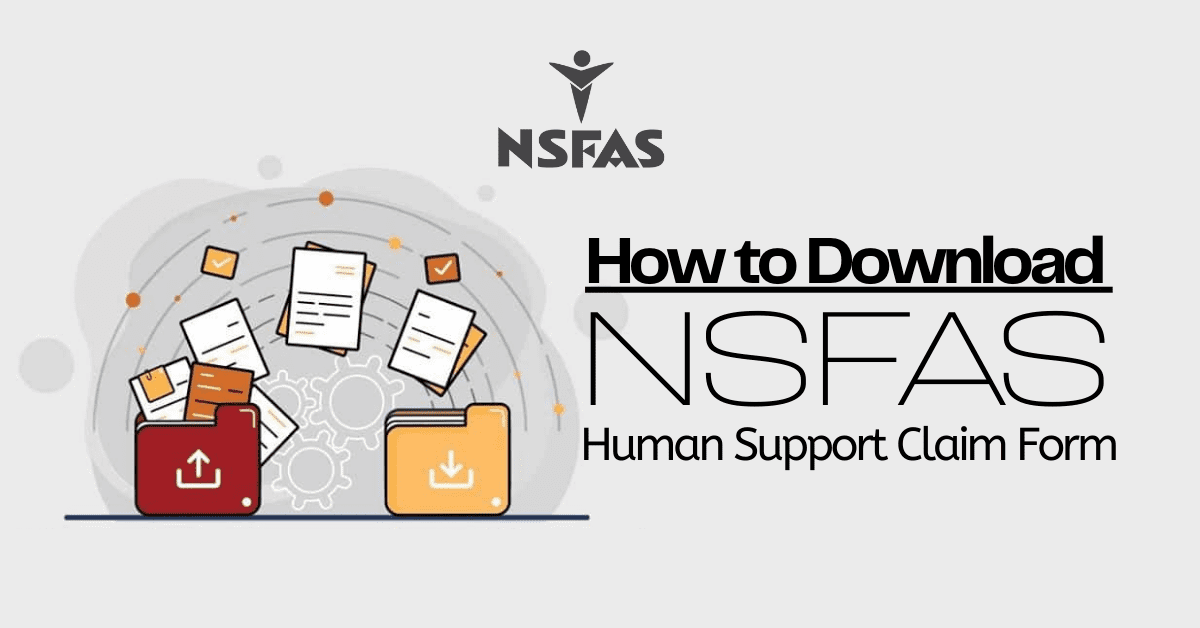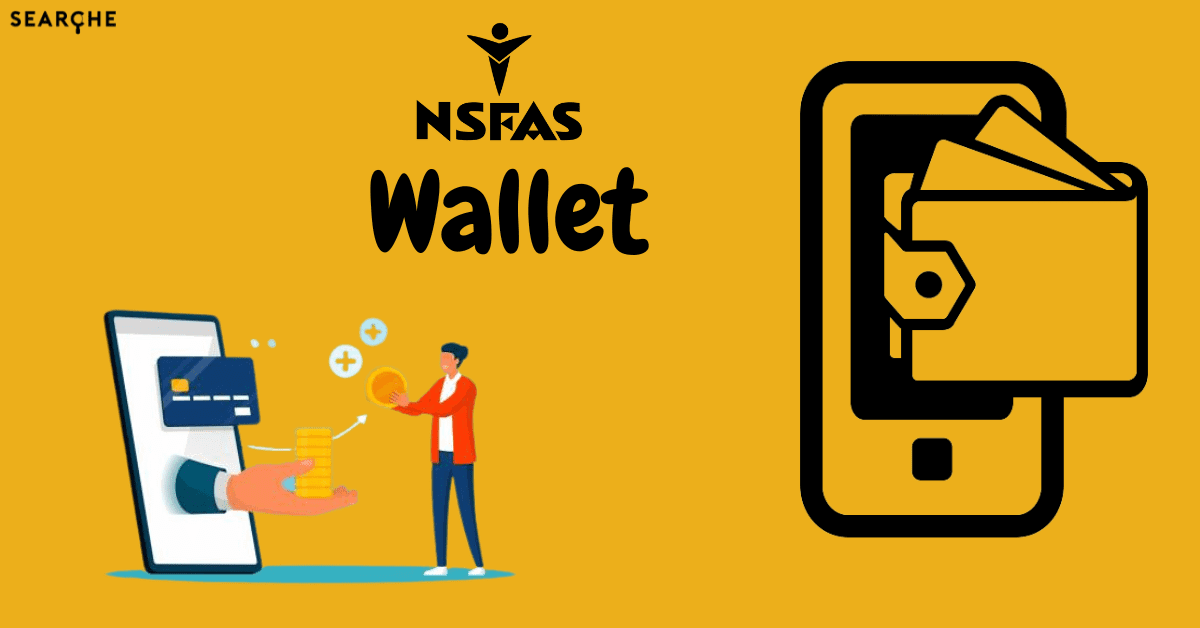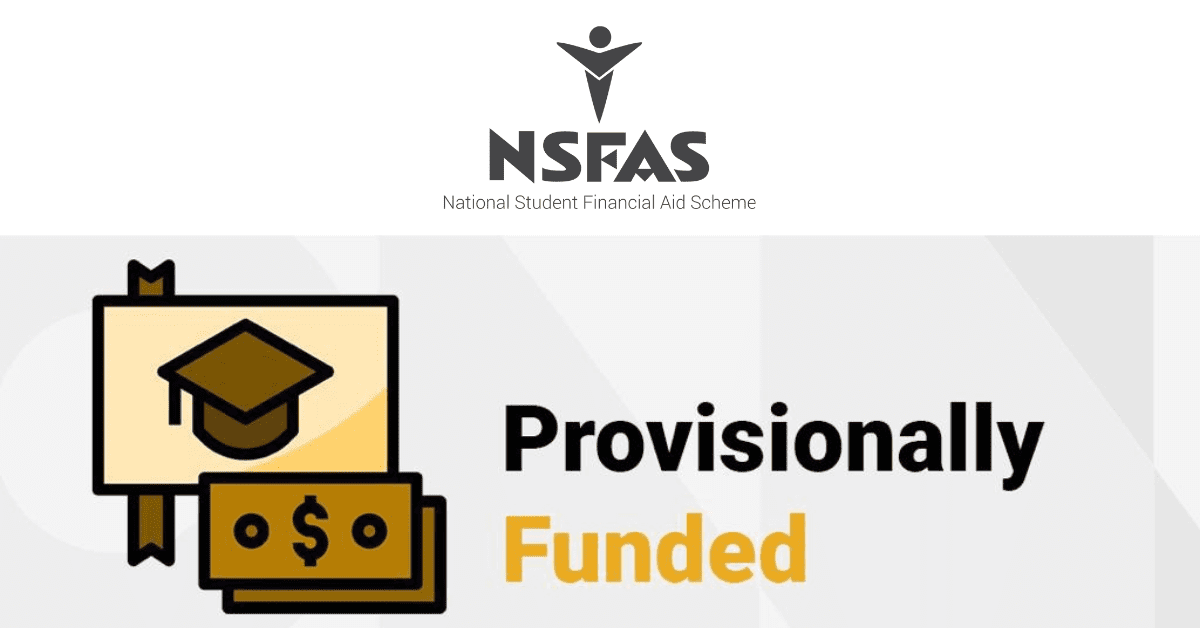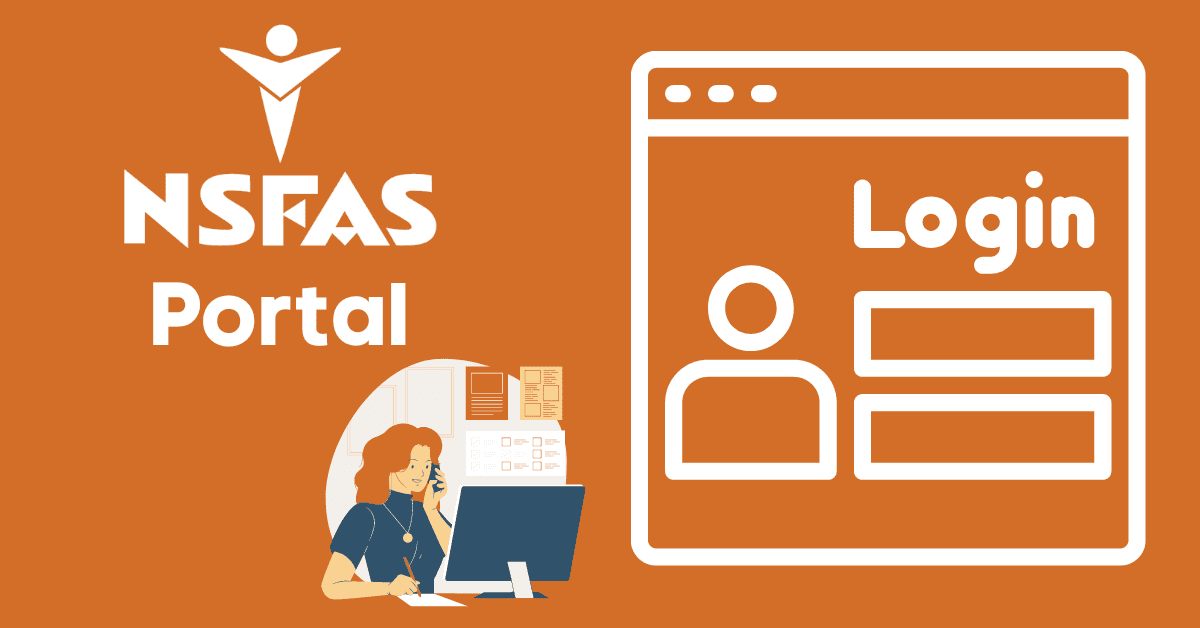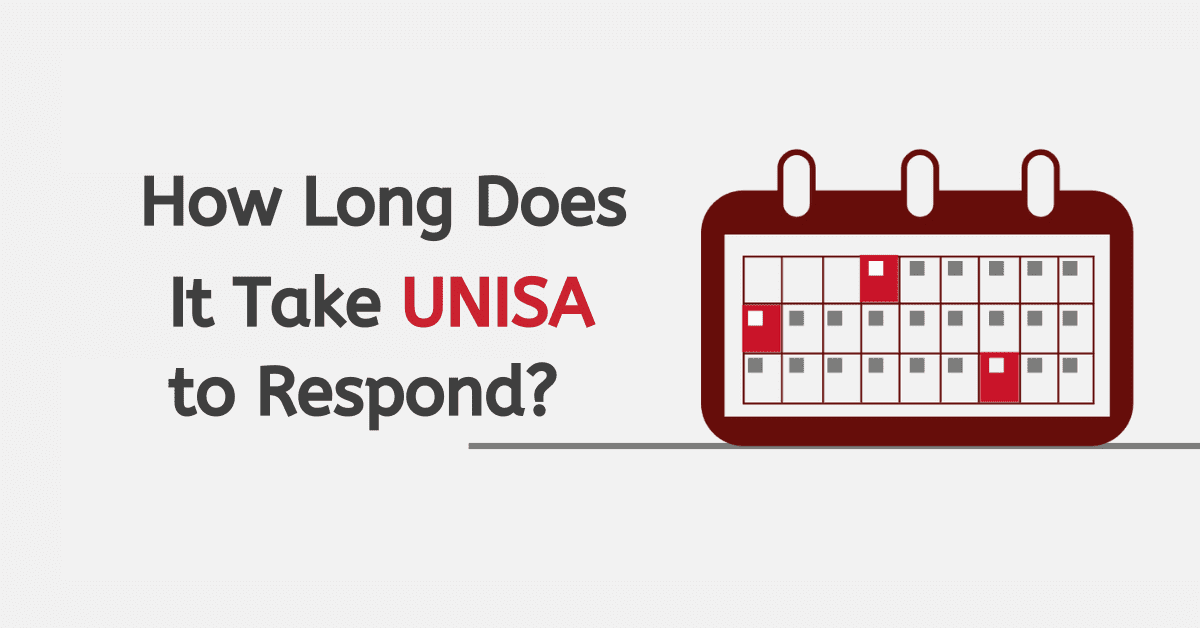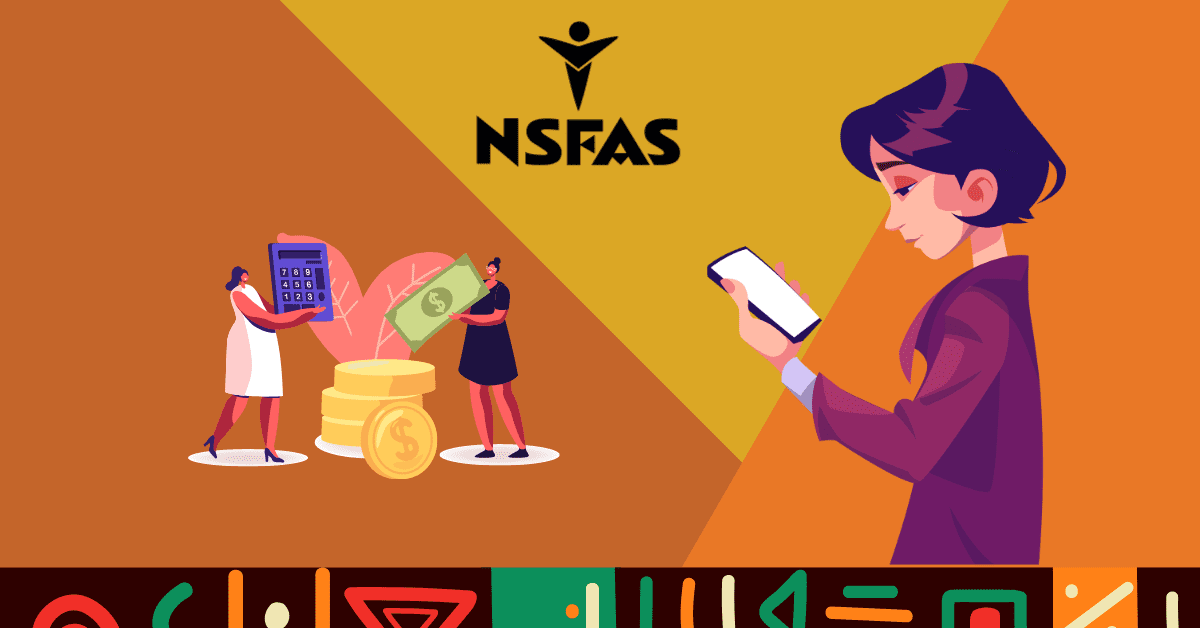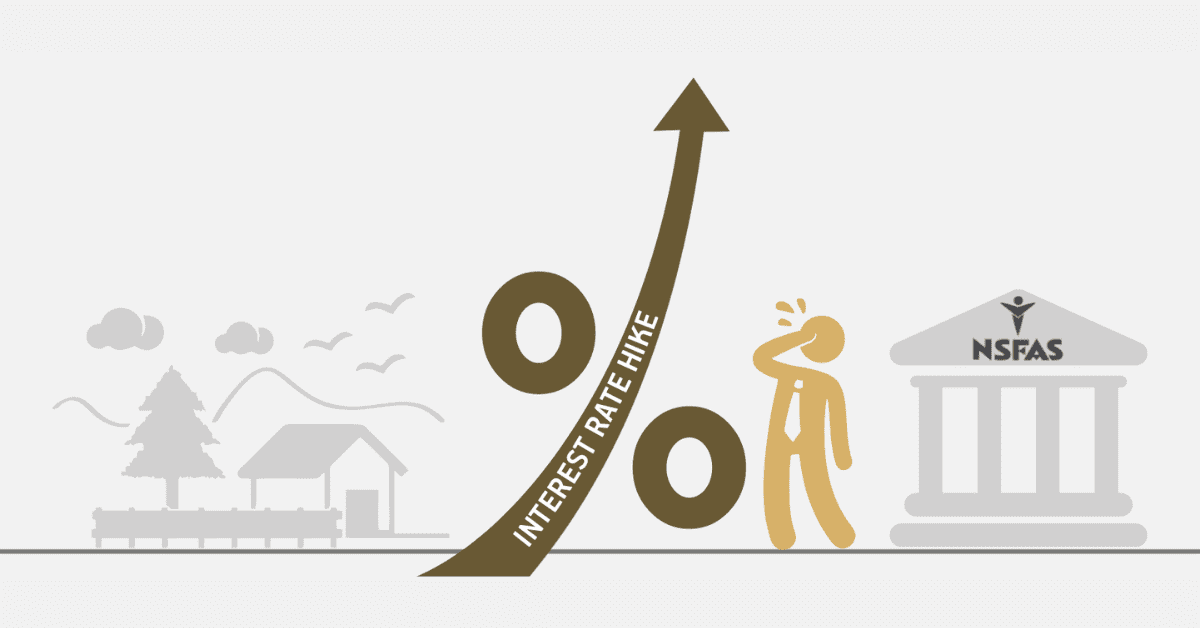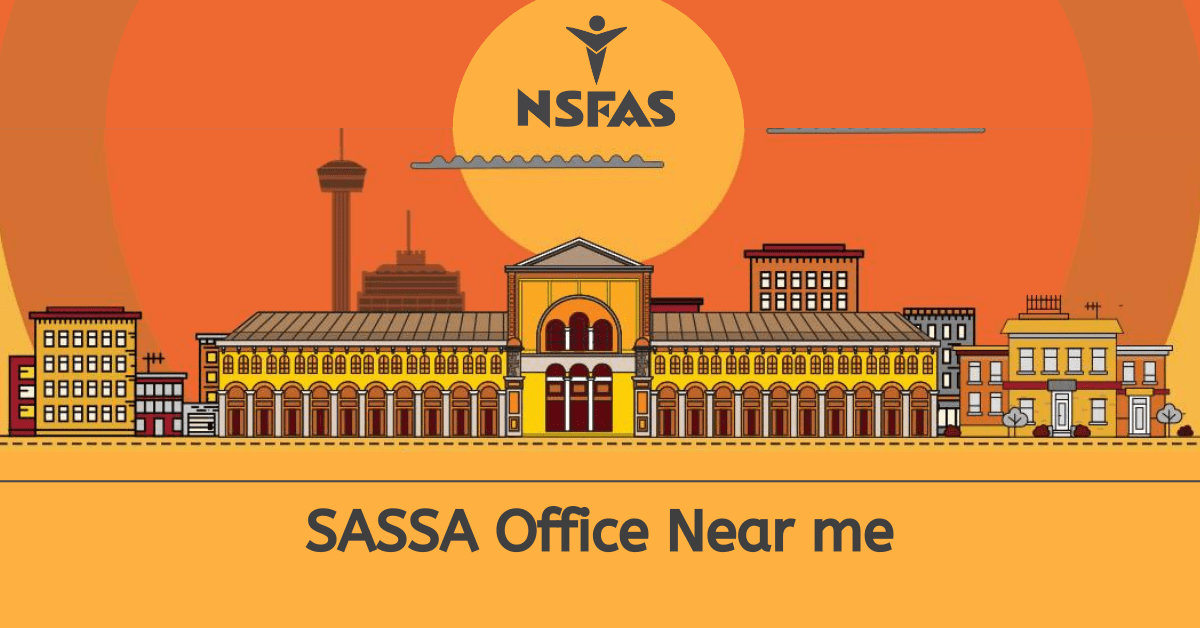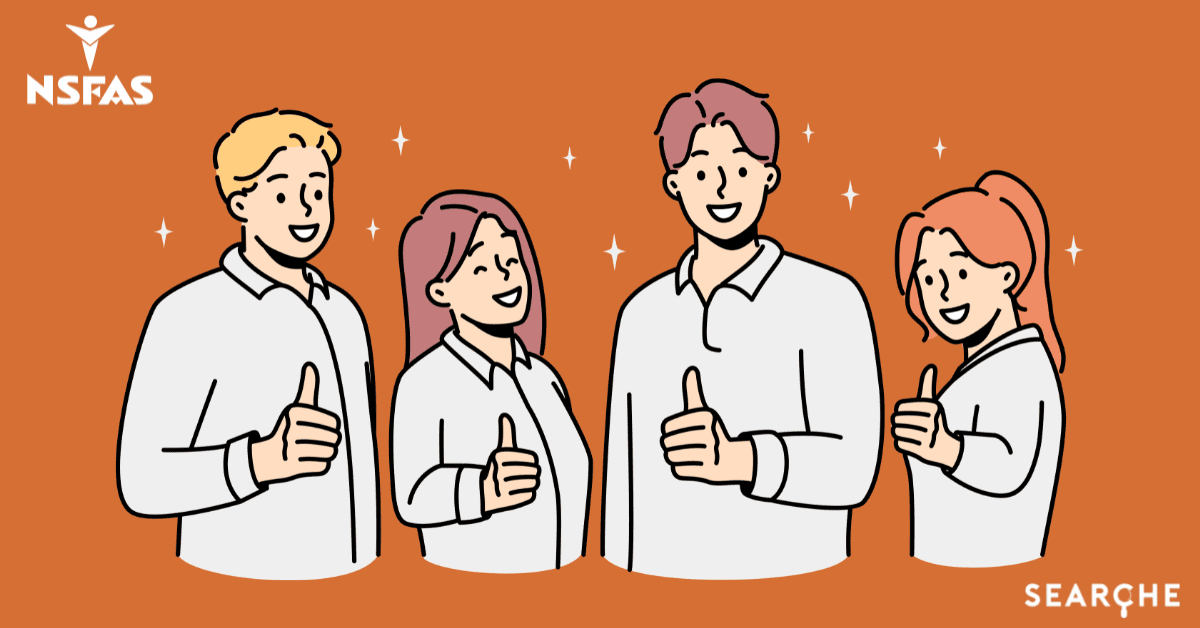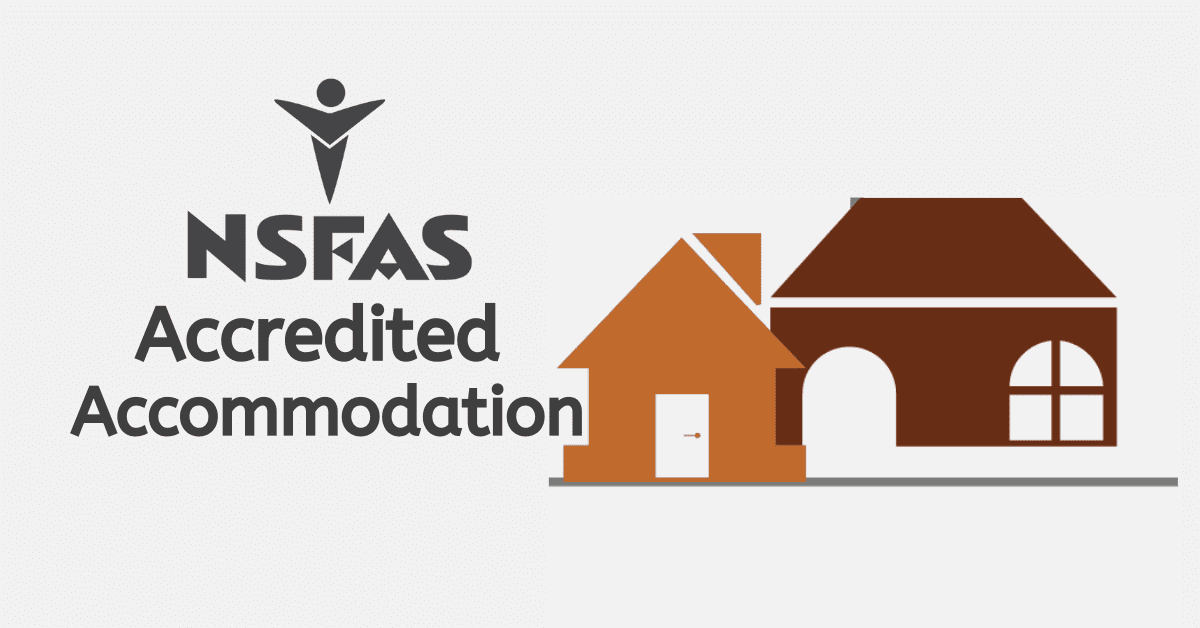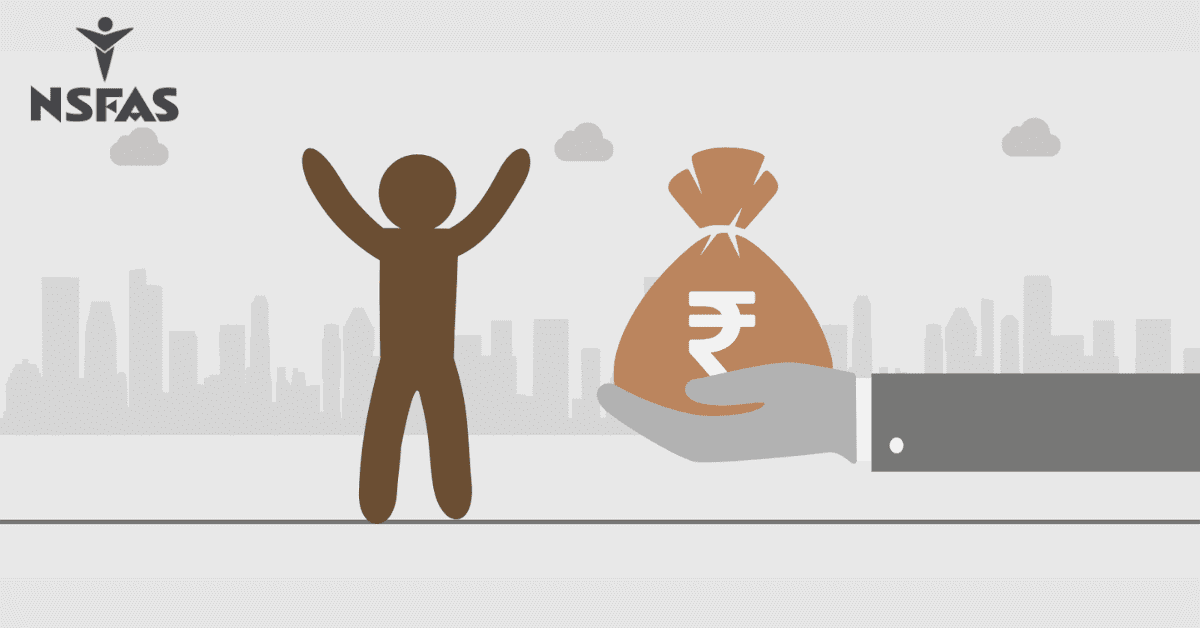Are you planning on studying through UNISA and looking to secure funding from NSFAS? If you answered yes, then this article is for you.
Applying for funding from NSFAS can seem like an arduous task, but it doesn’t have to be. Below, we are going to look at the different ways that students can apply for NSFAS
- How much is NSFAS UNISA
- Who qualifies for NSFAS at UNISA
- A list of courses funded by NSFAS
Let’s jump right in.
How To Apply NSFAS At UNISA
Before applying to NSFAS, first-time students are advised to have the following:
- A valid cell phone number (preferably one that you personally own)
- A valid email address
- A certified copy of their South African ID document or Birth Certificate
- Certified copies of their parent’s or guardian’s ID documents
- Proof of their household income
- A completed and signed consent form
Once you have all of the above to hand, you can proceed to apply to NSFAS in one of the three following ways:
Online application:
- Visit www.nsfas.org.za and register on myNSFAS
- Click the “APPLY” button
- Complete all the sections of information required
- Upload ALL supporting documentation
- “Submit” your application
NSFAS application centres:
Students that are unable to access the internet to complete an online application can visit their nearest National Youth Development Agency Center, Thusong Center, or NSFAS walk-in centre, where they will receive in-person assistance from a qualified NSFAS representative.
Here’s what this method entails:
- Head to your closest walk-in centre
- A representative will provide you with an application form to complete and can also assist you with any additional questions you may have prior to completing the application.
- Use a black pen and complete the form in CAPITAL letters.
- Double-check the application to ensure that you have not missed any information and that you’ve signed in all the allocated spaces
- Hand in your application form and supporting documentation to the NSFAS representative
- Make sure that you receive a receipt card with a bar code attached.
At an on-campus Financial Aid office or computer lab
Students that are planning to study through UNISA have an additional method to apply to NSFAS via a UNISA on-campus Financial Aid Office or computer lab.
The process is almost exactly the same as if you were applying through a walk-in centre; therefore, students should ensure that they have all the relevant documentation to hand when heading to their nearest institution.
How Much Is NSFAS UNISA
The allowances provided by NSFAS for UNISA students work slightly differently from other traditional universities since UNISA offers a different type of instruction than other institutions.
NSFAS-funded students of UNISA receive the following allowances:
- Learning Material Allowance (LMA) – This allowance is provided at R600 per module for the student’s first four modules. Students that are registered for five or more modules receive R5200 once-off per year.
- Living Allowance (LA) – The LA is only paid to students that are registered for ten modules and covers accommodation-related expenses.
- Incidental Allowance (IA) – NSFAS allocates UNISA students an incidental allowance of R2 900 per year, which is usually paid monthly at R290 from February to November.
Who Qualifies For NSFAS At UNISA
Below are NSFAS’s application eligibility criteria for UNISA students:
- You MUST BE a South African citizen.
- You must register at any of the 26 UNISA public universities or one of the 50 approved TVET colleges.
- SASSA grant recipients are eligible to apply
- The combined income in your household cannot exceed R350,000 per year.
- The combined household income for persons with a disability cannot exceed R600, 000 per year.
- The combined household income of students who began their studies before 2018 cannot exceed R122, 000 per year.
- Returning students that took a gap year and did not exceed the N+ rule
You will NOT qualify for funding if:
- You are an international student and do not possess South African citizenship
- You have a previously completed qualification
- You require funding for a part-time or short course
- Your combined household income exceeds the respective thresholds for differing student situations as outlined above
- You have already qualified for funding
NSFAS does not provide funding for postgraduate courses; however, a few courses receive exceptions. These include several BTech Qualifications, Postgraduate Certificates in Education, Postgraduate Diplomas in Accounting, and LLB qualifications.
List Of Courses Funded By NSFAS
Only first undergraduate qualifications are funded by NSFAS and include full-time and online courses by public universities and TVET colleges. Part-time and short courses are ineligible for funding by NSFAS.
Here is the full, updated list of courses funded by NSFAS:
- Adult learning
- Building Construction
- Cleaning, Domestic, Hiring, Property and Rescue Services
- Communication Studies
- Consumer Services
- Cultural Studies
- Curative Health
- Design Studies
- Drawing Office Practice
- Early Childhood Development
- Earth and Space Sciences
- Electrical Infrastructure Construction
- Engineering and Related Design
- Environmental Relations and Sciences
- Fabrication and Extraction
- Film Television and Video
- Finance, Economics, and Accounting
- Forestry and Wood Technology
- General Social Science
- Generic Management
- Higher Education and Training
- Horticulture
- Hospitality, Tourism Travel, Gaming, and Leisure
- Human Resources
- Industrial and Organizational Governance
- Information Studies
- IT and Computer Sciences
- Justice in Society
- Language
- Literature
- Manufacturing and Assembly
- Marketing
- Mathematical Sciences
- Mechatronics
- Media Studies
- Music
- Nature Conservation
- Occupationally Directed ETD Practice
- Office Administration
- People/ Human-Centred Development
- Performing Arts
- Personal Care
- Physical Planning, Design, and Management
- Physical Sciences
- Preventative Health
- Process Instrumentation
- Primary Agriculture
- Process Plant Operations
- Procurement
- Project Management
- Promotive Health and Developmental Services
- Psychology
- Public Administration
- Public Policy, Politics, and Democratic Citizenship
- Public Relations
- Rehabilitative Health/ Services
- Religious and Ethical Foundations of Society
- Rural and Agrarian Studies
- Safety in Society
- Schooling
- Secondary Agriculture
- The sovereignty of the State
- Sport
- Traditions, History, and Legacies
- Transport, Operations, and Logistics
- Urban and Regional Studies
- Visual Arts
- Wholesale and Retail
UNISA NSFAS Application Opening Date
Applications were open from 7th November to 7th January. Second-semester applications were open from 4th July to 22nd July.
NSFAS applications are scheduled to open on 2nd November and close on 21st January.
Conclusion
Students that intend to study through UNISA on NSFAS funding will also be required to register for their course of choice on the UNISA official website in addition to applying to NSFAS. Students will also have to meet all the requirements of the university to pursue the course/s that they choose to be eligible for funding. Failure to meet the university minimum entry requirements will result in the application for funding being unsuccessful.
